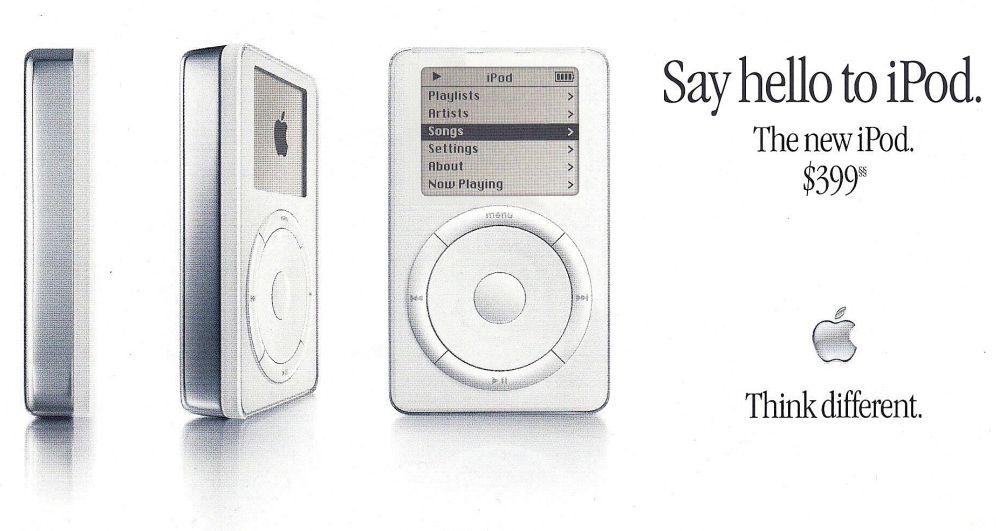UPDATED AGAIN: As I sit down to pen my annual tech trends story, I can almost hear Doris Day singing Que Sera, Sera, and telling her child not to think too much about the future. Watch the Alfred Hitchcock film The Man Who Knew Too Much (1956). We’ve been through a tough year and the tech trends and shifts that we saw this year, could well carry over to the next year. So while everyone is prophesying the merits of artificial intelligence, machine learning, cloud computing, IoT, and whatnot, I am going to write about something else.
Today, we are more dependent than ever, on technology. I can’t imagine how we would work if the pandemic hit us in 1993 or earlier. There was no commercial internet in 1993. Well, I know you’ve had an overdose of Zoom meetings, and could curse the internet.
But let’s understand why man invents in the first place.
The internet was actually invented as a private network to connect defense and academic institutions in the U.S. So that they could communicate in the advent of a nuclear war. This was in the 1960s — the cold war era.
The Germans build the finest cars in the world, in terms of automobile engineering. Do you know why? To answer that you have to go back to World War-II. The Germans were building cars and tanks for their officers and soldiers, and these had to be robust designs to withstand the roughest terrain. And after the war, they used that skill to build the automobile industry — and continue to perfect their automobile engineering to this day.
The Americans pioneered flight and won battles in the air right from World War 1, with their superior fighter aircraft. They continue to build fine fighter (and commercial) planes to this day, though other nations have caught up.
The Japanese had to hit the reset button after Nagasaki, Hiroshima, and other disasters like earthquakes and tsunamis. And that’s what makes them so resilient today. They have built earthquake-proof dwellings and have learned how to survive earthquakes.
Go back still further to the stone age. Man was using crude tools chiseled from rock and stones — to create hunting weapons.
What does all this tell you?
These are all stories about survival and technology.
We invent and build to survive.
What Will be
So what are we going to see in 2021?
The pandemic will continue through the year, and more lockdowns will be imposed. So 2021 is going to be about man’s survival, once again.
Healthcare: There’s going to be a lot more focus on healthcare. So expect personal healthcare devices like fitness trackers that monitor your heartbeat, sugar levels, and blood oxygen levels. Even Amazon got into the game and has just launched its ‘Health and fitness Fest’ storefront. This new storefront will provide easier access to fitness equipment in view of the New Year resolutions — as reported by LiveMint.
Smart watches: More smart watches will be launched in 2021. These will have features that already exist in Apple Watch and many of these will look like the market leading watch. The smart phone manufacturers will launch smart watches next year. According to Gadgets Now, OnePlus CEO Pete Lau said his company will be launching a smart watch in early 2021. Other companies to watch are AmazFit, Xaomi, Garmin, and even those who make regular watches, like Fossil and Titan.
Vaccine distribution: Vaccine makers are going to get rich, for sure, because there will be an enormous demand. And all the technology that goes into the supply chain, will also be in demand.
Personal mobility solutions, like electric scooters and electric cars, will also sell well, as fuel prices rise further. People would prefer these to mass rapid transport.
Smart home solutions will sell like hotcakes because we are all going to be locked in at home for some time. So will home entertainment and streaming media. Gaming consoles and cloud gaming will flourish.
Edutech will gain prominence as academicians increasingly adopt blended/hybrid, learning models.
On the security front, we will see more hardware-based security like hardware tokens for authentication. Google already offers the Titan Security Key and Facebook is expected to launch a hardware security solution in 2021.
Hyperscale data centers: There will be more virtualization of enterprise IT, and data centers will flourish. But those who can build hyperscale data centres will have customers knocking on their doors. With all the digitization happening today, this business will be about ‘Scale’.
Consumer demand and use of digital services are generating massive amounts of data. Data analytics and processing on the cloud is growing exponentially. Online shopping, online gaming, electronic payments, streaming media, IoT, and telecom services generate massive amounts of data. Services providers and big tech companies are struggling to scale up their cloud infrastructure to meet their customers’ data storage and compute requirements. That’s where Hyperscale data centers come in.
Intelligent Monitoring: As organizations move IT infrastructure out of captive data centers to external data centers, they demand the same level of control and visibility that they enjoyed on-premises. Public cloud and colocation service providers responded to that critical requirement by providing intelligent monitoring solutions so that IT leaders have direct control over all aspects of their IT systems at all times. Data centers now offer business intelligence software and monitoring tools on the network’s actual usage patterns, with robust asset tracking. These tools and services were once available to only the large customers. Today, even small and medium-sized colocation customers can access these tools and have complete control and visibility of their infrastructure, consumption patterns, and network traffic.
Automation and intelligence: The scarcity of talent and experience in the data center industry is a crucial challenge. The only way to address that is through automation and intelligence. AI-powered tools will drive autonomous systems within the data center, which take timely actions to prevent outages and ensure high availability. Intelligent monitoring systems that work 24x7x365 will raise alerts once thresholds are crossed. This also applies to security and network performance.
Edge Computing: The introduction of 5G networks will see a proliferation of IoT and intelligent computing devices. These devices will generate data that needs to be processed in real-time or near real-time – and nearer to the device. A prominent example is autonomous vehicles, which Tesla has mastered, and big tech companies like Google and Apple are pursuing. The processing occurs in the car, with its on-board computers making timely decisions about braking the vehicle to avoid a collision. This data cannot be sent to the cloud for processing due to latency issues.
Applications like autonomous vehicles and smart devices such as those used for manufacturing or in the home will rely on edge computing – which is processing that occurs at the edge of the network. This trend will see the emergence of micro data centers at the edge of the network, which will perform immediate processing. The processed data is later sent to the cloud for aggregation and further processing.
Closing notes
In 2021, we are going to see more uptake for digital services delivered to consumers through the cloud and apps. As we continue to work from home, we will expect everything to be delivered to our doorsteps or streamed into our homes. Humans will be in ‘survival mode’ once again and depend heavily on technology. With greater public awareness about healthcare and vaccines, people will continue to seek information about their vitals — through wearable healthcare devices like wellness bands and smart watches.
So don’t think too much about the future, my friend. Because as Doris Day sang:
Whatever will be, will be.
The future’s not ours to see.
Que Sera, Sera.
I wish all our readers a safe and healthy New Year – 2021.









